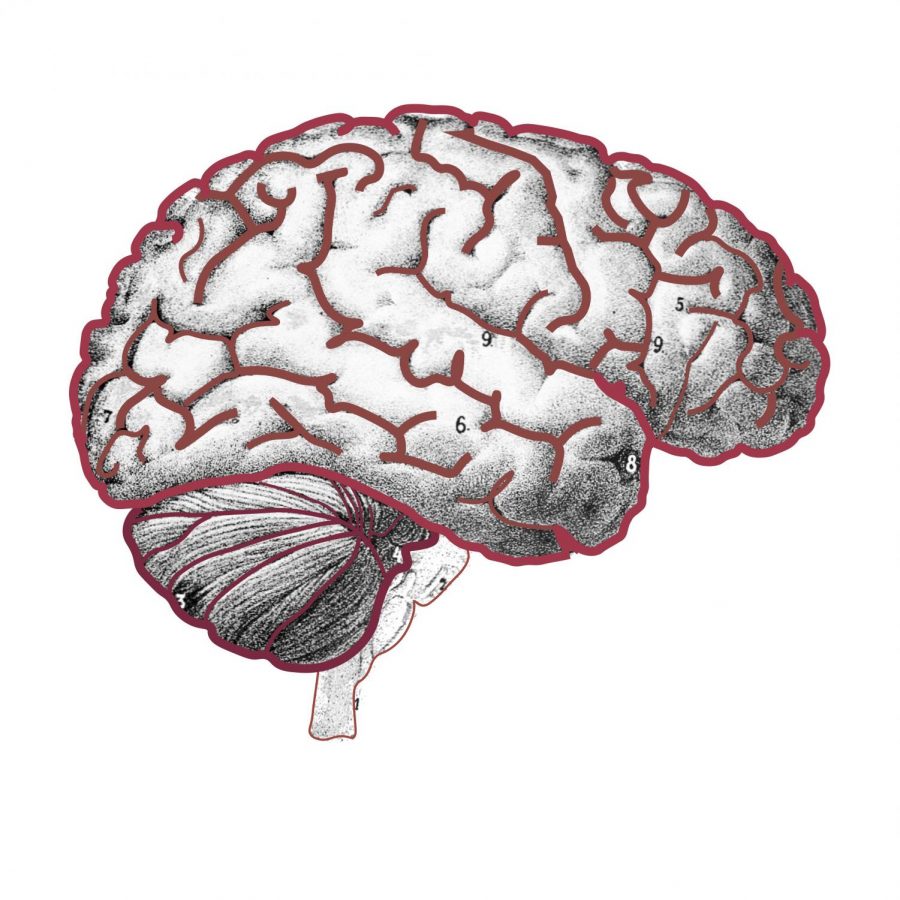Through aging, your brain’s cognitive reserve (its ability to withstand neurological damage through aging and other factors without showing signs of memory loss or slowing) can decrease as well. This can make it more difficult to perform mental tasks as you get older.
But you can decrease the likelihood of this happening to your brain. When you go to the gym to train and strengthen your muscles and maintain them over time, you can train your brain to be more active. Without having to go to the gym, you can also train your brain activity by performing regular mental exercises.
A 2013 Health Study (PubMed – https://www.ncbi.nlm.nih.gov/pubmed/24349147) watched 2,235 men for 30 years from 1976 were 60 percent less likely to develop cognitive impairment and dementia if they followed four out of five of these basic healthy lifestyles:
- Non-smoking
- Healthy BMI
- Fruit and vegetable regular intake
- Regular physical activity
- Low alcohol intake
TEST YOUR RECALL – Memorize a list you made, and an hour later try to recite it from memory. This also works for studying. Challenge yourself by memorizing bits of information at a time and gradually increase the amount of information.
LEARN SOMETHING NEW AND COMPLEX FOR A LONG PERIOD OF TIME – This can be anything, like learning how to do a new style of art, learning how to play an instrument, etc.
DO MATH IN YOUR HEAD – Put the calculator down and try to visualize and solve the math problem in your head. You can make this a little more challenging if you walk around while doing so.
READING AND WRITING – This one speaks for itself.
LEARN A FOREIGN LANGUAGE – You will enrich your vocabulary, which is linked to a reduced risk of cognitive decline. The listening, hearing, repetition and memorization stimulates the brain.
HAND-EYE COORDINATION – Video games, knitting, puzzles, drawing, etc.
KEEP AN OPEN MIND ABOUT EDUCATION – This one speaks for itself. Attend lectures, plays, and research about any subject that you want to learn more about and read through what you find.
COPENHAGEN VISUAL MEMORY -Using sensations, listen to the sounds around you and imagine what is happening in the same room where the sound is happening, about a loved one – them walking to school, or anything. Just using your imagination is a visualization exercise that is great for your brain to manipulate imagery in your brain.


